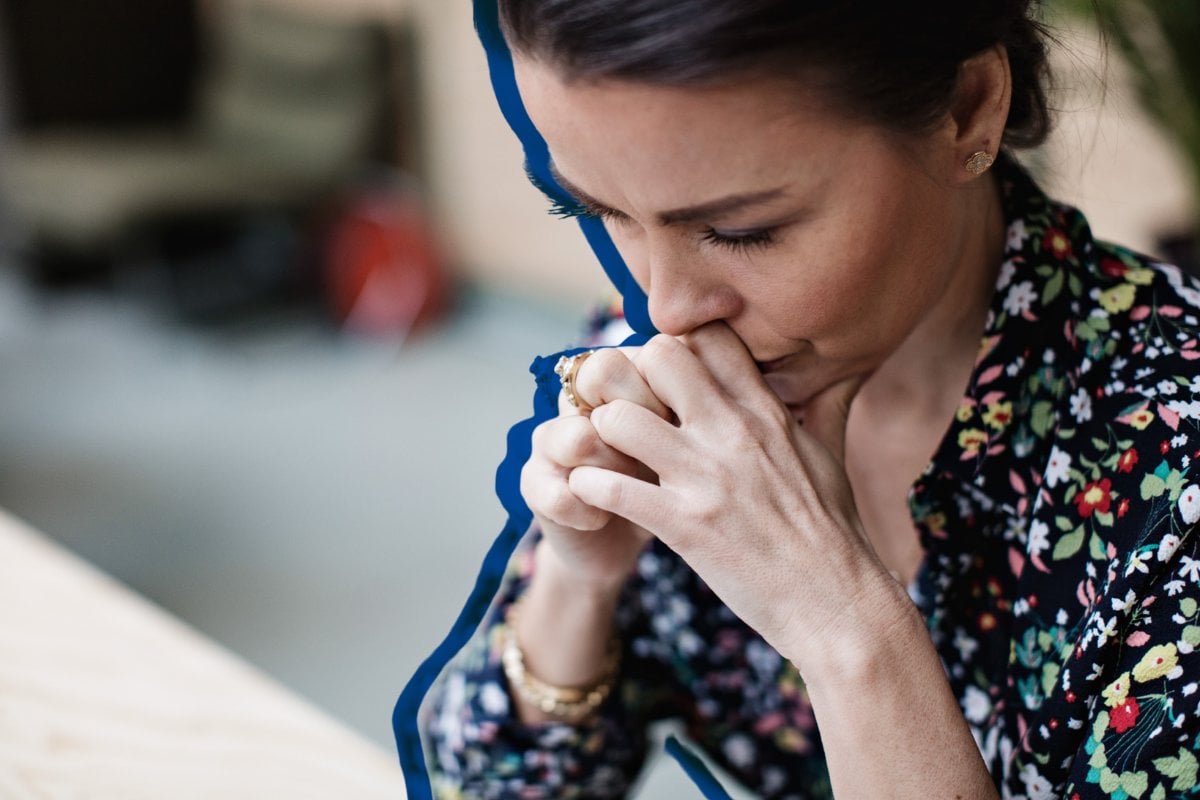
This post deals with financial abuse and might be triggering for some readers.
“I’ve started to hide cash,” I told my therapist. It was only small amounts from our grocery budget, but I felt guilty lying to my husband.
“Good,” she replied. “Keep hiding it.”
I hadn’t expected that answer and, for the first time, it registered that perhaps our money situation was more abusive than I’d realised.
Watch: A letter from your future self. Post continues below.
We’d been married for over a decade and from the start, my husband put me in charge of our finances.
He’d gotten himself into massive debt before we met and he had no interest in money, other than spending it.
In the early years, I would try to include him in the weekly budgeting. I’d write down everything we needed to pay and show him my plan. “Are you happy with that?” I’d ask.
He waved me away, not even glancing at the budget book. “I trust you,” he said.
Having managed my own money for years, being in control of the budget suited me. This way I could work out a plan to pay off his debts and build up our savings. Perhaps we could even buy a house one day.

